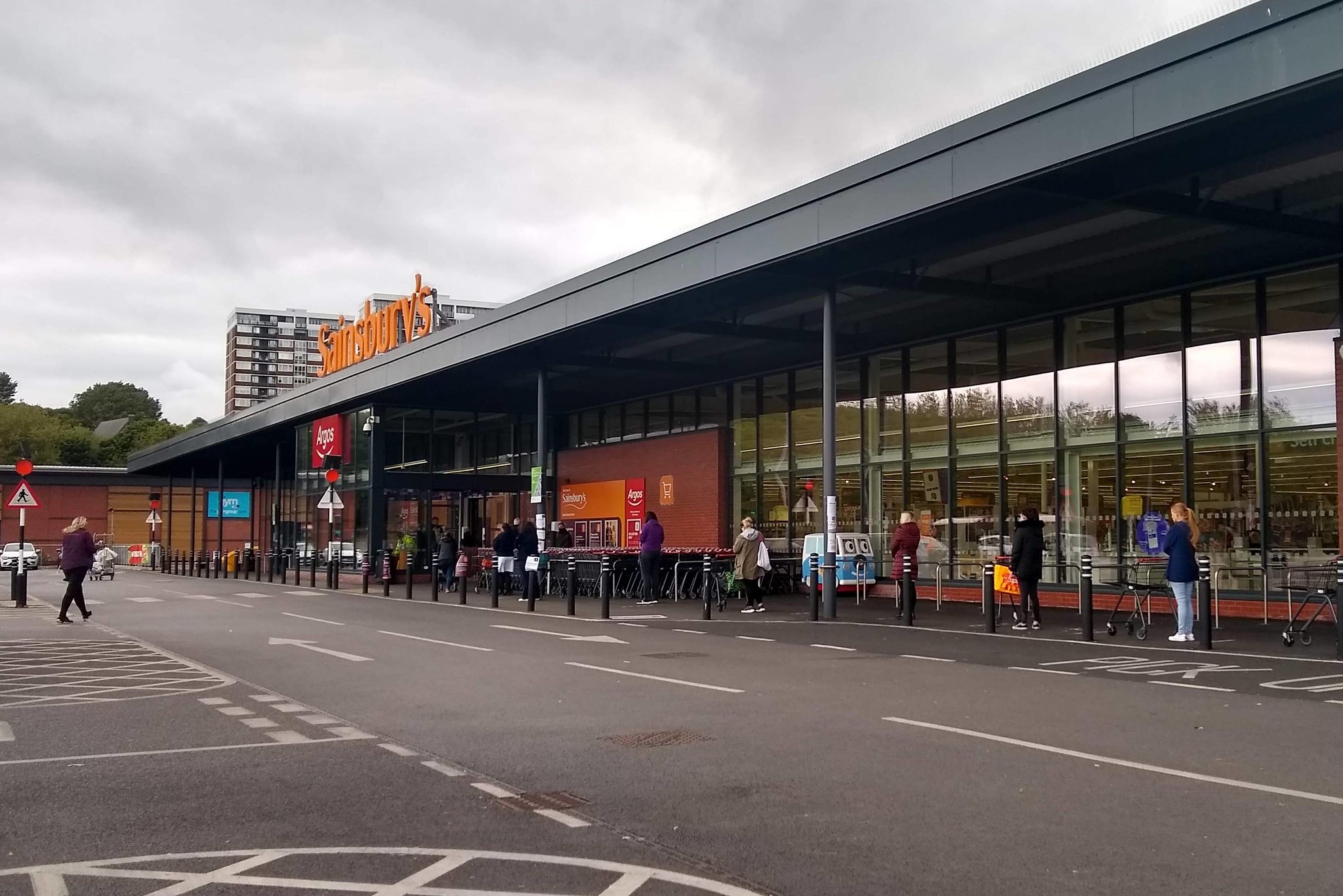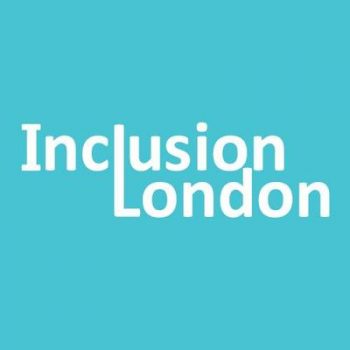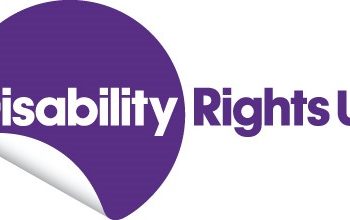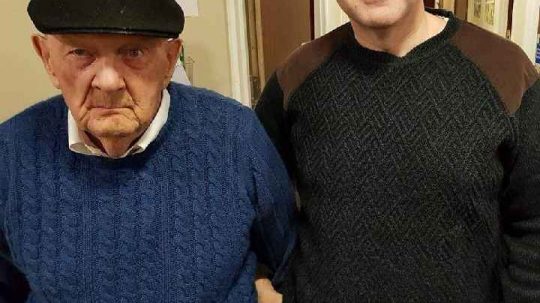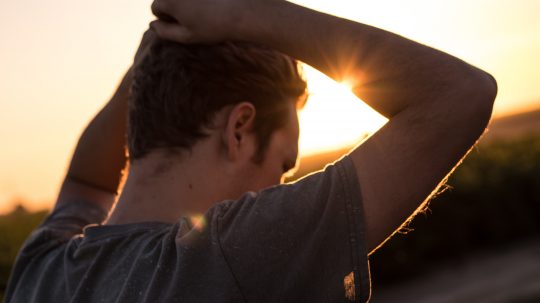Disabled people have faced discrimination in all aspects of their lives throughout the UK’s Covid-19 crisis, a report has found, with many struggling to access food and medicine.
In many cases food retailers have failed to make reasonable adjustments for people who cannot stand in queues or reach items on shelves, while inaccessible websites have left some unable to place online orders.
Other people on the government’s “clinically extremely vulnerable” list – who had until recently been advised to shield themselves at home – say that they have been unable to prepare meals delivered to them in food parcels amid shortages in social care workers, due in part to a lack of personal protective equipment (PPE) to prevent the spread of the virus.
These findings are contained in an interim report released on Wednesday by disability equality group Inclusion London, based on a survey of more than 300 deaf and disabled people.
It comes as Streatham MP Bell Ribeiro-Addy claimed in Parliament that a disabled man in her constituency had starved to death during lockdown after struggling to access food. During Wednesday’s Women and Equalities Committee, she spoke of the government’s “reluctance” to expand the clinically vulnerable list despite reports of people struggling to get food through supermarket priority delivery slots.
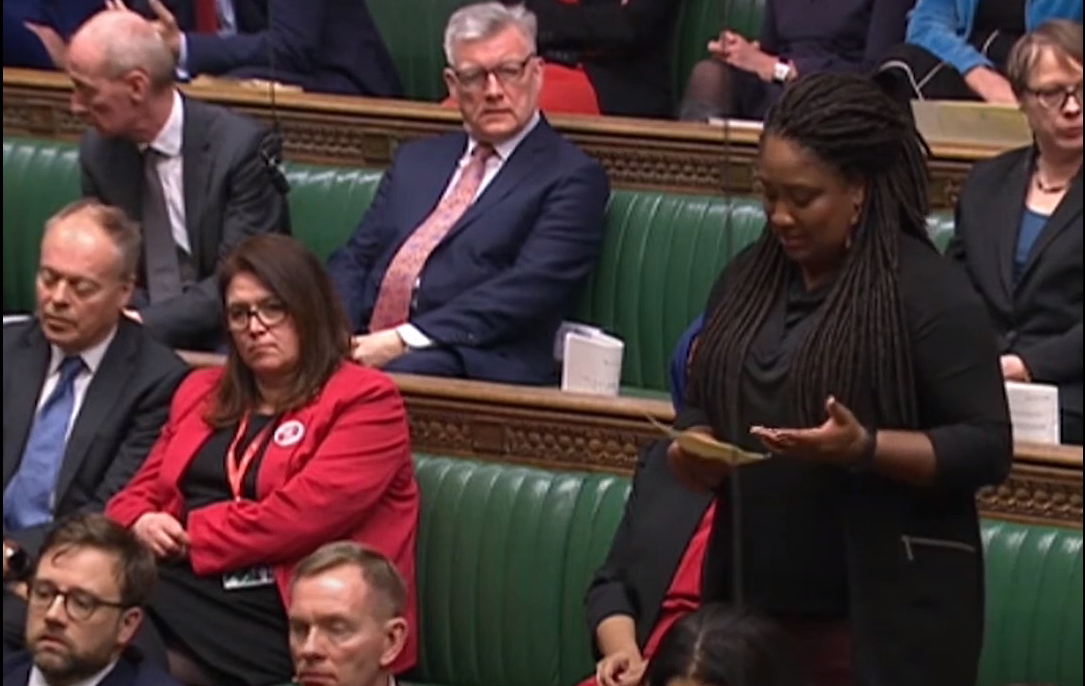
Labour MP Bell Ribeiro-Addy speaks during a debate on the coronavirus in March. Credit: YouTube
Inclusion London said its survey also reveals increasing levels of mental distress, social isolation and unequal access to healthcare among deaf and disabled people in the UK.
Dr Sarabajaya Kumar, a disability expert academic who has been shielding, spoke of how all aspects of her life had been impacted by the pandemic, during an online event to mark the launch of the report.
“For the first four weeks … I did not really know where the next meal was coming from,” she said, on the difficulties of ordering food. “It was really, really stressful.” More than 60% of people surveyed in the report said that they had faced obstacles in obtaining food, medicine and basic necessities.
Kumar also spoke of being left between “a rock and a hard place” when deciding to ask her carer not to continue coming to her home, where she lives with her husband and son who are also shielding, a decision which has had a “huge impact” on her wellbeing. Meanwhile, working from home has presented challenges as she does not have the reasonable adjustments she needs. She feels reluctant to raise this issue with her employer because she is on a precarious contract.
Other evidence cited in the report includes cases of disabled people in “high-risk” groups having their care packages cut and social care assessment delayed. It also describes how around 70,000 people who receive direct payments from their local authorities to manage their care needs were “primarily left on their own” to source PPE and put in place contingency plans amid “lengthy delays in publishing guidance”.
Meanwhile, delays in providing public health information in British Sign Language (BSL) and a lack of health guidance in “Easy Read” format – tailored to people with learning needs – is said to have caused increased anxiety and stress.
Deaf campaigner Paul Ntulila, of the Global Disability Innovation Hub, said that government’s inclusion of BSL interpreters in daily coronavirus press briefings, after campaigners threatened legal action, seemed an “afterthought”.
Andrew Lee, director of the People First, added: “We are not vulnerable. The situation is the state is putting us in a vulnerable position because of their choices, not ours.”
As lockdown restrictions begin to ease, the report urges the government to ensure “the rights of disabled people are not further eroded and undermined”.
“Indeed, it is an ideal opportunity for the government to make it a priority to understand the needs of disabled people and take seriously our findings and recommendations,” it adds.
The Department for Health and Social Care has been contacted for comment.

